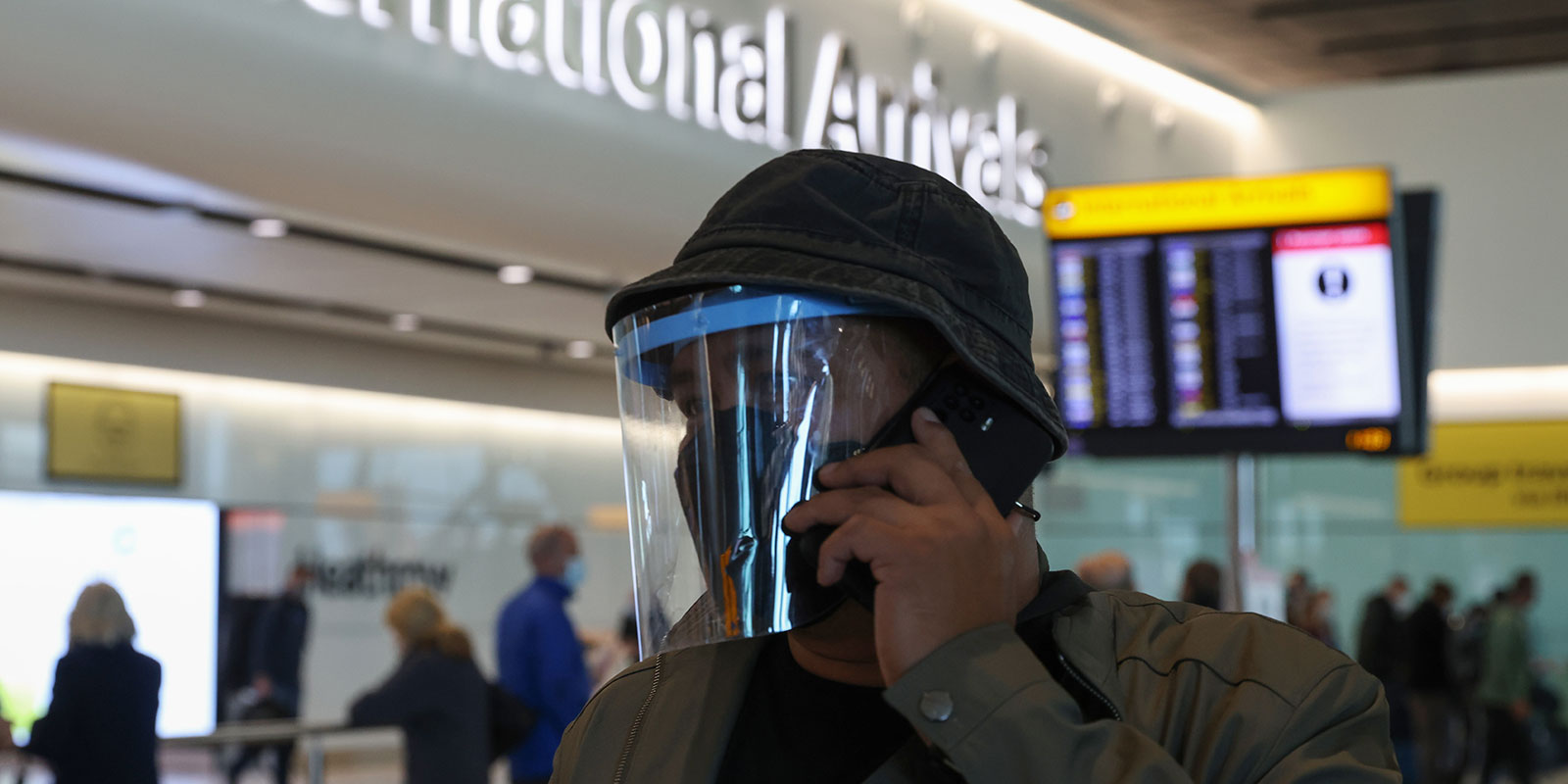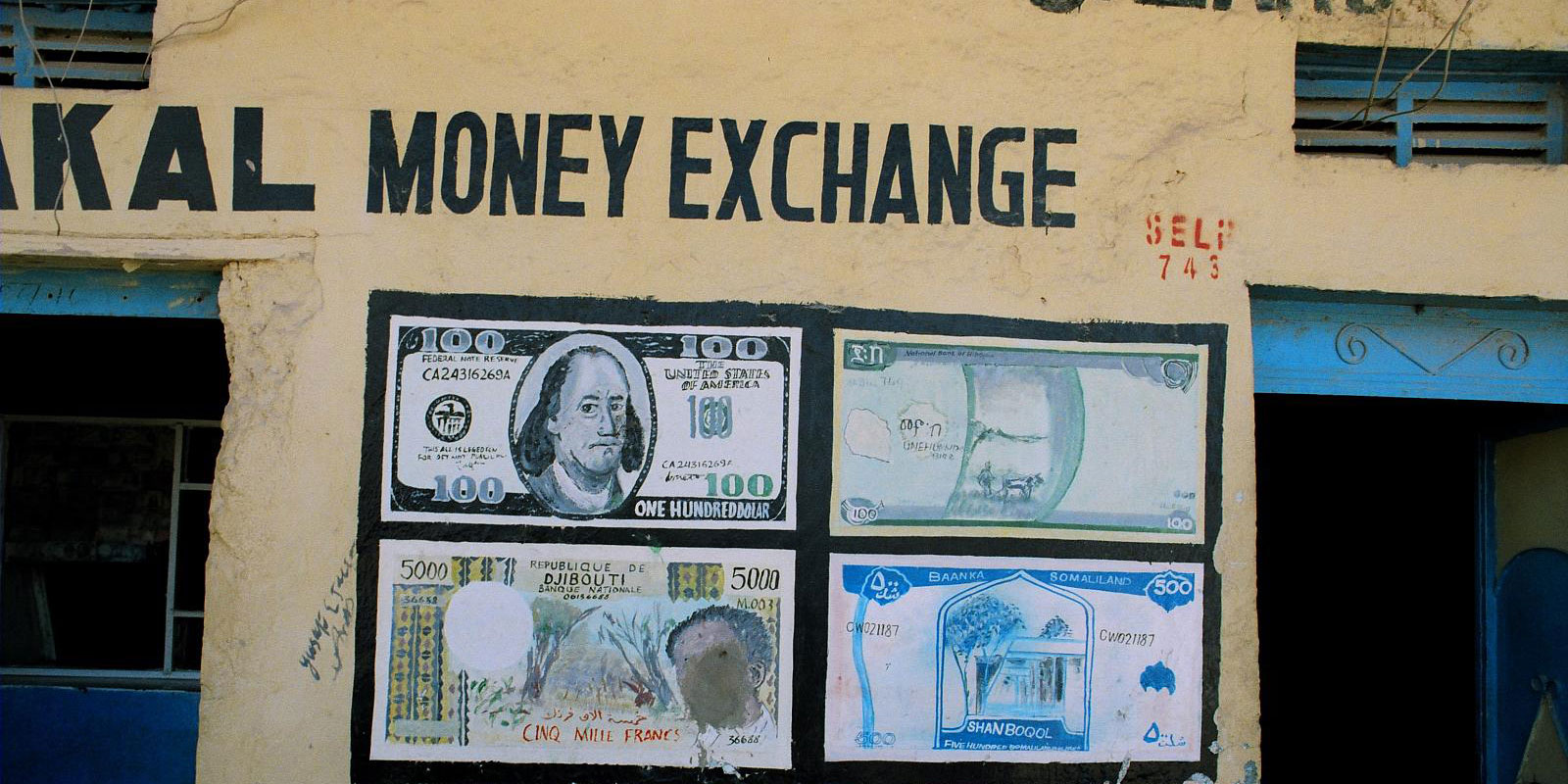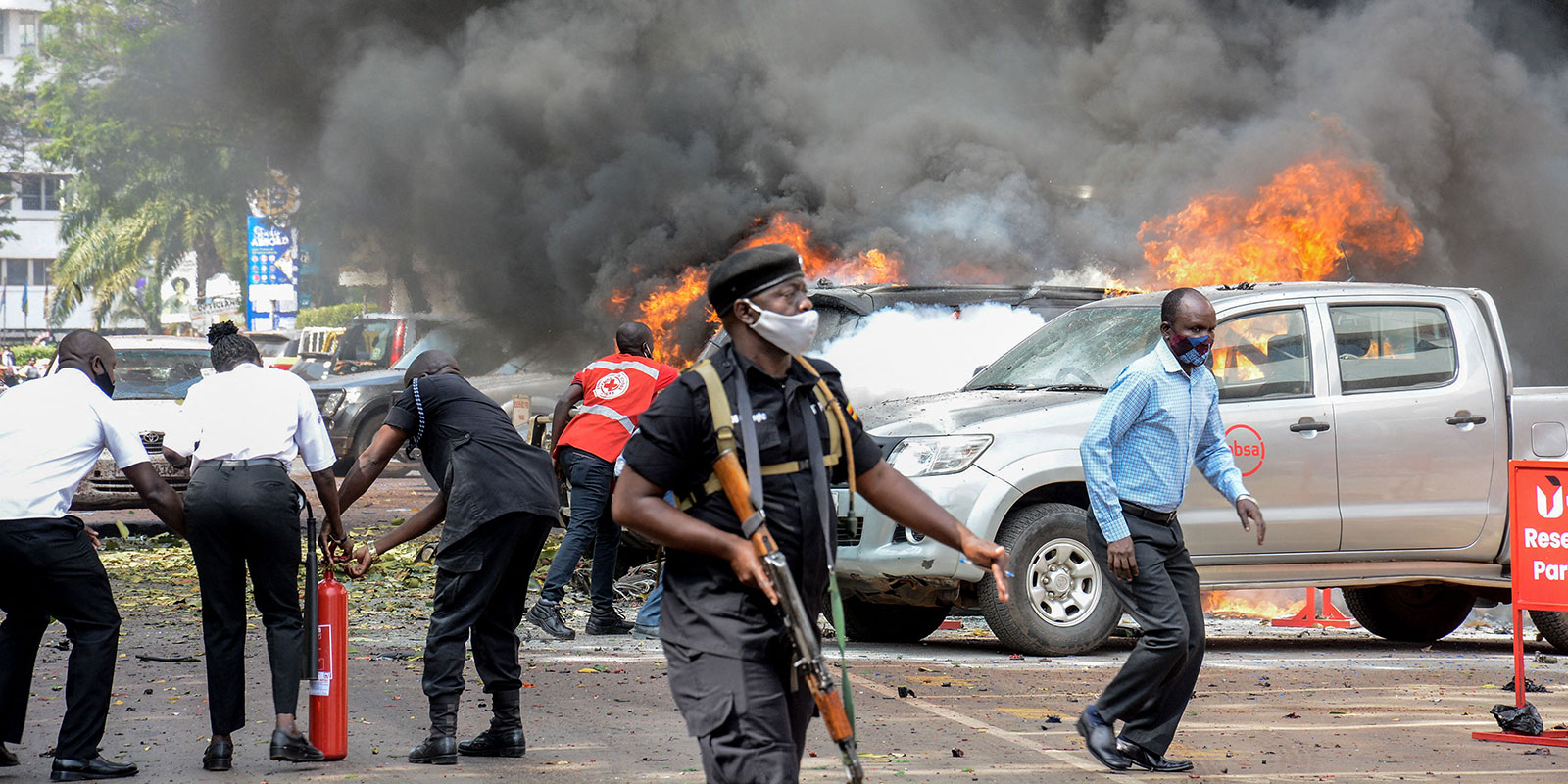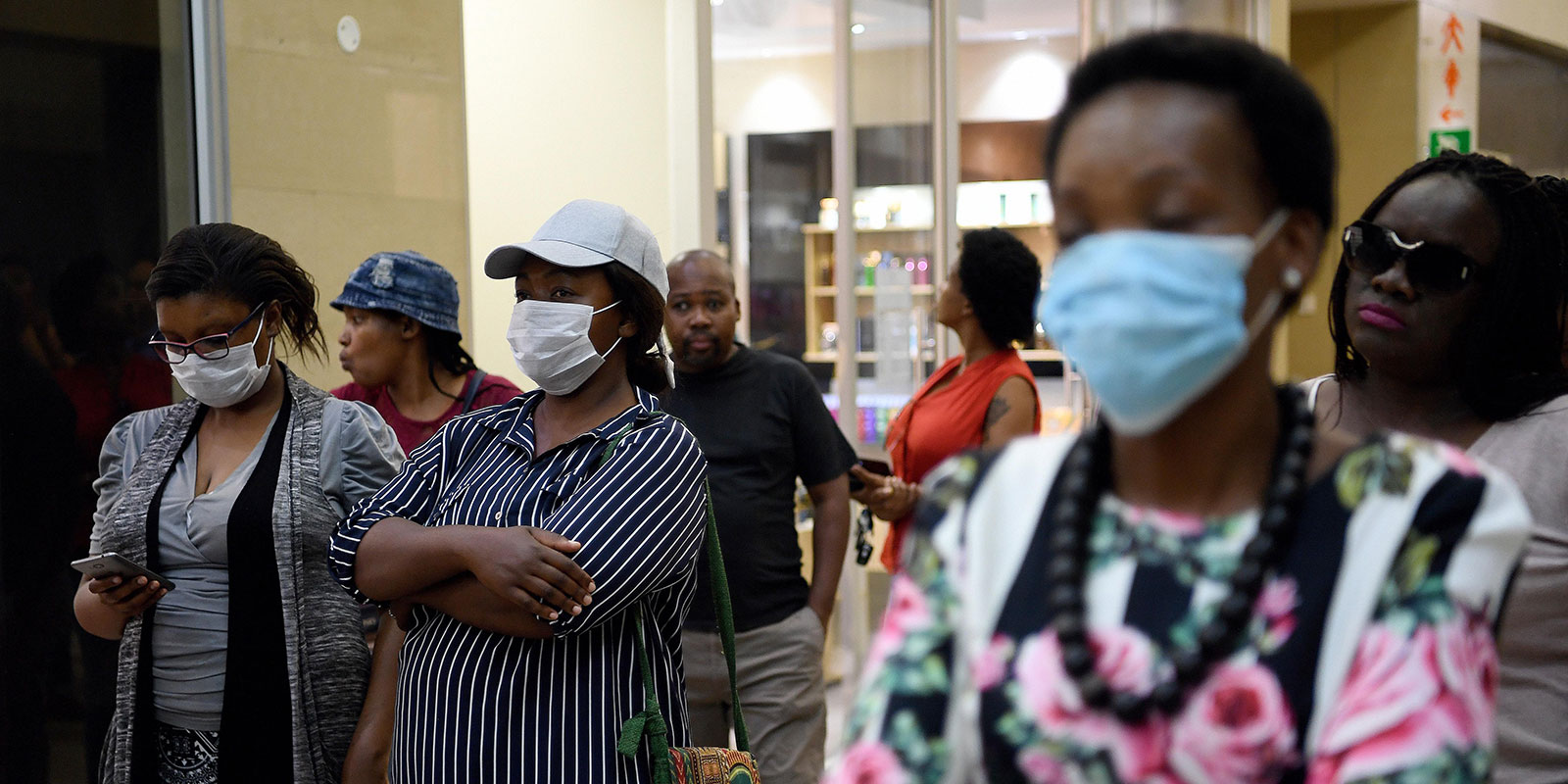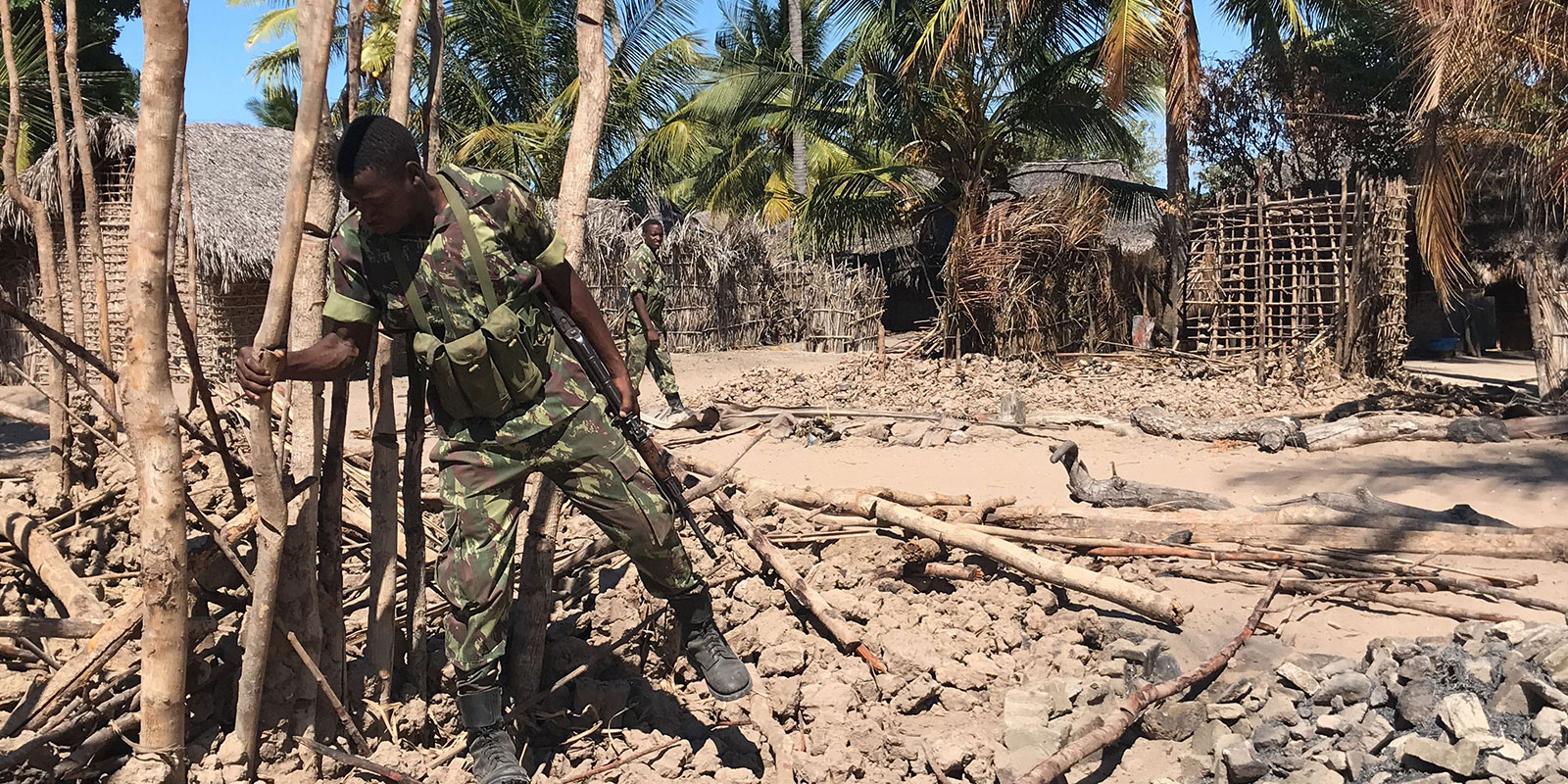In this week’s edition, Prof. Carlos Lopes asks if sovereign debt is impeding Africa’s COVID-19 recovery. He argues that Africa is the region least infected by COVID-19 but most damaged by its impact. Africa also contributes the least greenhouse emissions but is the most affected by climate change. He argues that Africa needs financial support to address these challenges, but it struggles to obtain the funding it needs due to sovereign debt pressure.
In our second article, Anneli Botha reflects on terrorism in East Africa where the Islamic State has claimed responsibility for several recent bombings in Kampala. In our third piece, Tuduetso Madi writes about the new Omicron COVID-19 variant and how it is affecting Botswana. In the last article in this week’s edition Friederike Savatier argues that the insurgents of Cabo Delgado in Mozambique are not, as many claim, faceless.

